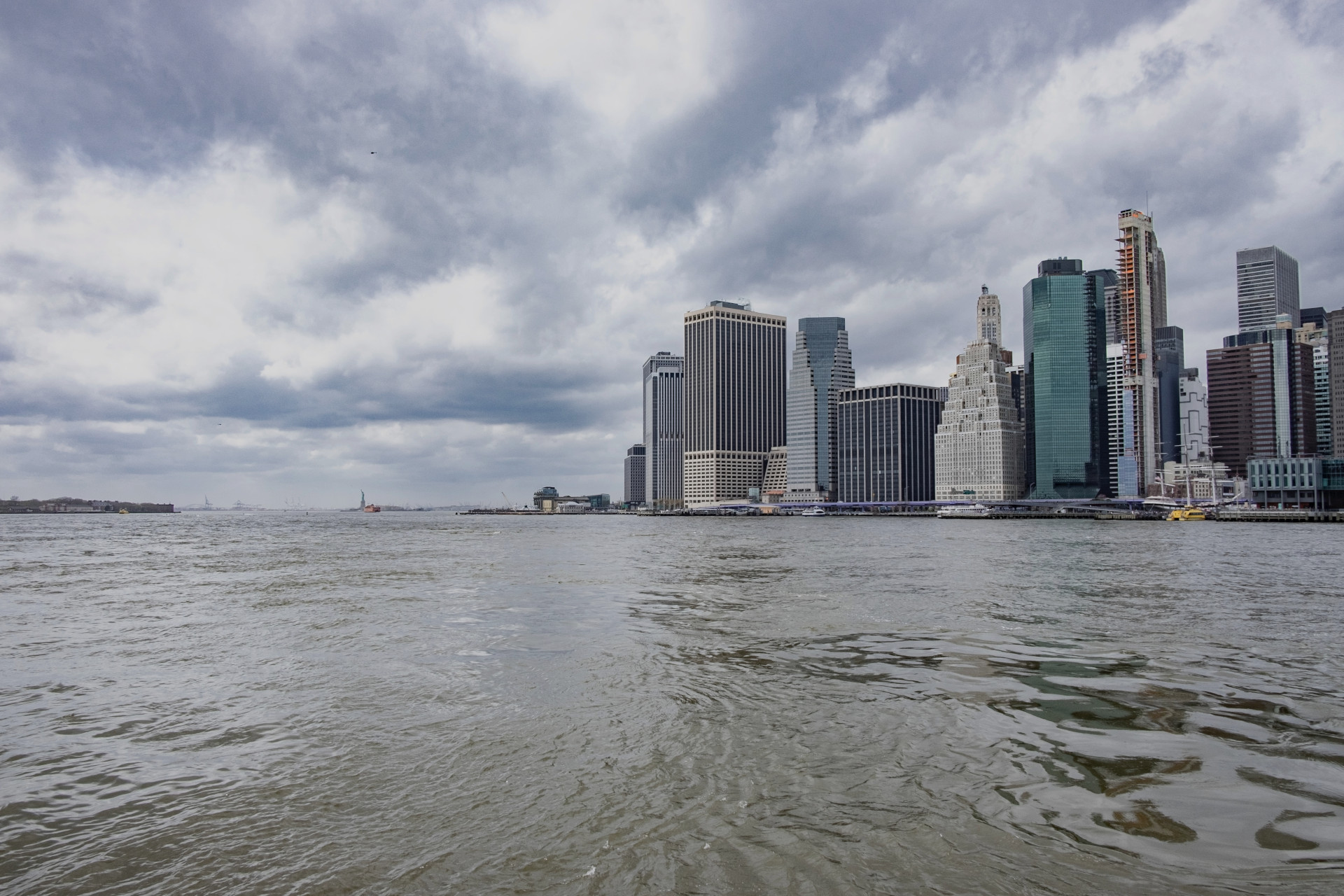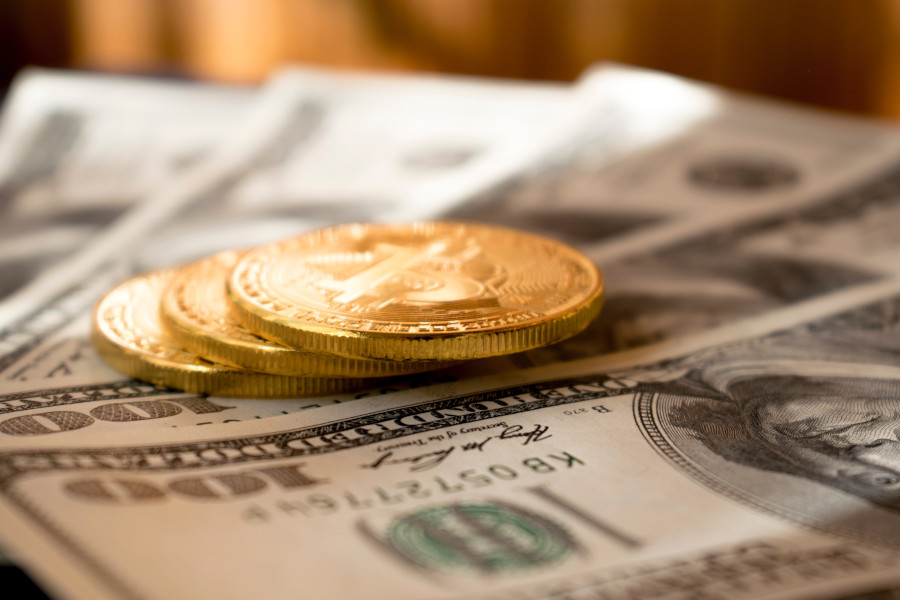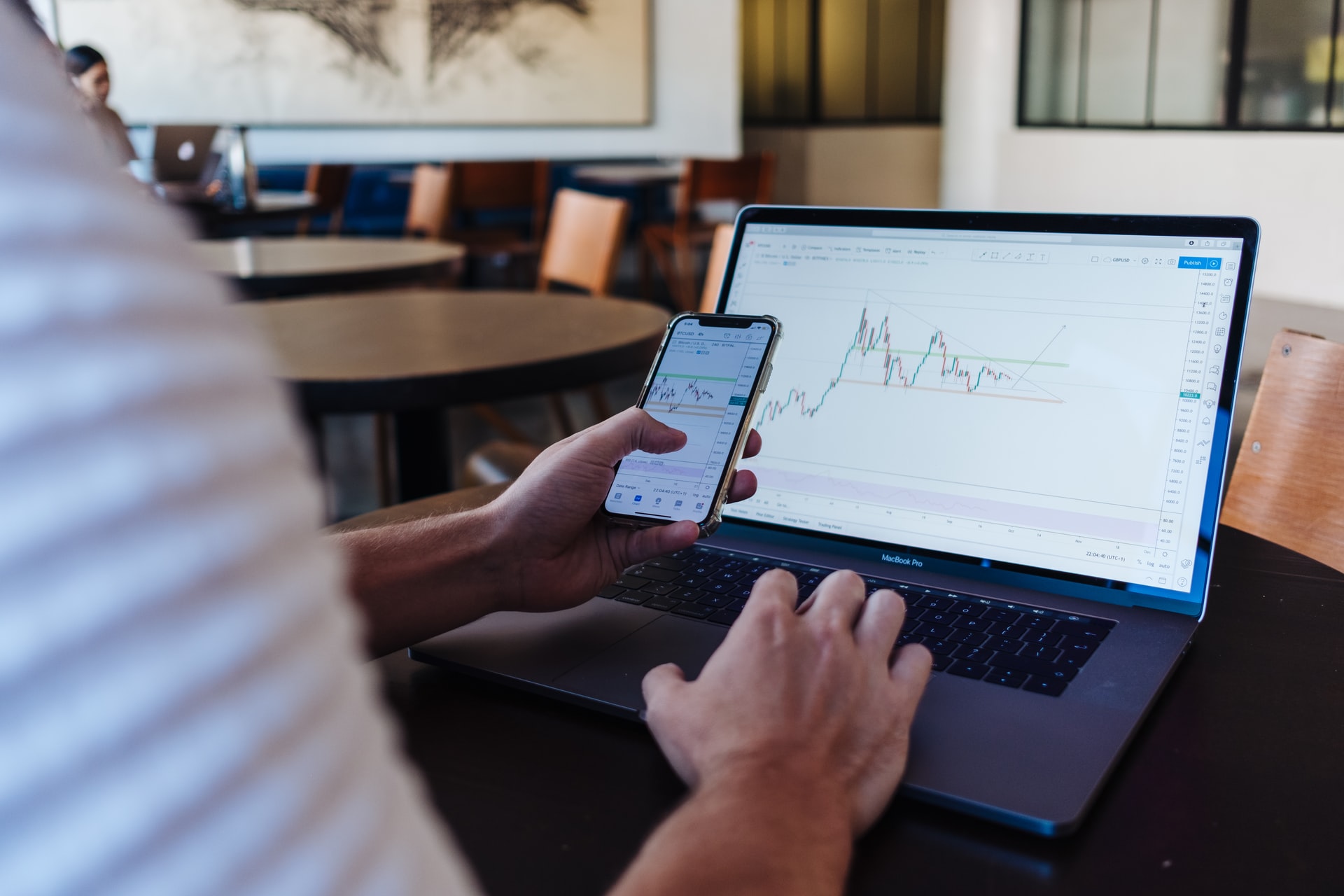
The year we’ve been eagerly waiting for is finally here. While we’re looking forward to a better year, the state of the economy is dire. It’s safe to say that we live in unprecedented times. Most economies are experiencing a declining GDP growth rate due to the COVID-19 pandemic. And, as businesses shut down in response to the pandemic, unemployment figures are steadily growing. Generous pandemic fiscal stimulus coupled with declining GDP is causing a higher accumulation of debt for most governments. Economists have predicted that the hard times might continue through the first quarter of 2021 due to the resurgence of COVID-19 cases and the threat posed by the new strain. Despite all these, both the stock market and the housing market are at all-time highs.
In This Article
The glimmer of hope
Even though the pandemic effects eclipsed the 2020 economy, we still look at the state of the economy in 2021 with a glimmer of hope. Eventually, we will overcome the COVID-19 pandemic. The availability of vaccines is expected to expedite the re-opening of economies and thus stimulate economic recovery. The only concern is how long it will take to get rid of the virus and get the economy back on its feet.
The Economy
The state of the economy is currently heavily supported by stimulus from central banks. The economy should therefore stay afloat for the better part of 2021.

The IMF predicts that the global economy will rise by 5.4% in 2021. Employees are gradually returning to work as improvements are made towards creating safe workplaces. The unemployment rate in the US is estimated to decline to 5% in 2021 from 6.7% in 2020.
Interest Rates
Interest rates in the US and the EU are at all-time lows and are expected to remain the same in 2021. Even with optimistic predictions for the economy in 2021, Central Banks are unlikely to ease their support. The reason, presumably, is that Central Banks want to guarantee a steady recovery trajectory before they can start contractionary measures. The US Fed, for example, has pledged to maintain near-zero interest rates until 2023.
The Stock Market
While the pandemic has been wreaking havoc on businesses, the economy, and unemployment figures, the stock market valuations, on the other hand, are soaring. One could argue that this doesn’t make sense. Looking deeper into the effects of the pandemic could help uncover an explanation. It seems like the burden of the pandemic is not being borne by the big, publicly traded companies. The pain is being felt by small businesses that don’t have cash buffers to ride out the pandemic. This leaves big companies with an even larger market share.
It’s impossible to predict the stock market. At the beginning of 2020, there were many predictions about an imminent stock market crash after about 10 years of ascent. No one, however, had the slightest clue of the impending COVID-19 pandemic. While the crash did eventually happen in March, many stocks have gone right back to their pre-pandemic highs, with the Dow Jones slightly above pre-pandemic prices and both S&P500 and Nasdaq well above their pre-pandemic highs.
The Housing Market
The housing market follows a similar paradox to the stock market. Despite the adverse effects of Covid-19, the housing market is overheating. The Swiss bank, UBS, in its Global Real Estate Bubble Index 2020, analyzed 25 major cities and found that over 50% are overvalued and are at risk of getting into a bubble. These high prices are being sustained by central banks’ near-zero interest rates, government stimulus, and mortgage forbearance programs. The biggest question is to what extent these programs will continue to affect house prices and whether they are sustainable.
Looking forward, 2021 is likely to offer some answers to the above questions. Government stimulus programs are likely to come to an end, leaving renters at risk of evictions and putting homeowners at risk of foreclosures. A struggling economy coupled with an end to stimulus programs could cause a decreased demand for homes, curbing the rise in house prices. While such an event would hit homeowners’ equity and their ability to borrow money, it would come as a relief to low-wage earners as it would cause rents to either stagnate or go down.
What to do with your money in 2021
Budget
Although the vaccines are here, their distribution is lagging, and the pandemic’s effects are still looming, not to mention the uncertainties caused by the new strain. Lockdown measures and social distancing recommendations are expected to remain. The best thing you can do is create a budget that will provide a sense of consistency.
While creating your budget, consider a best-case scenario, where vaccines are efficiently distributed, easing up restrictions; and a worst-case scenario where a resurgence of the virus occurs due to the new strain and causes even tougher lockdowns. Consider how these events would affect your income and how you can best prepare for them.
Invest
While it’s been proven that it’s not wise to make definitive market predictions, there are things you can do to prepare for 2021.
- Don’t get too comfortable with the crazed pandemic profits from the stock market. What goes up could also come down. Look out for undervalued stocks that are likely to make a comeback when the pandemic is over. Be careful with recovery stocks, though. The company should have a healthy balance sheet, meaning minimal debt and a good cash buffer that can pay off its short-term debt and have lots of money left to ride out the pandemic.
- Maintain a healthy cash position. This doesn’t mean staying out of the market. Those who stayed out of the market in 2020 due to fear of a market crash lost up to 25% in returns. A healthy cash position means setting aside about 20-30% of your money so that you’re able to take advantage of a bear market or a market crash(if it occurs) by buying stocks at bargain prices.
- Take advantage of cheap debt. The current low-interest rates won’t last forever. If you take out a loan or mortgage and put the money into a great investment or asset, you could get outstanding returns.
- Consider investing in real-estate. This could be a home for you to reside in or an investment property that could bring some cash flow. There are many benefits to investing in real estate, including predictable cash flow, tax advantages, diversification, and leverage. Still, the most lucrative benefit, in my opinion, is that real estate investments tend to provide good protection against inflation. Here’s how: with governments’ current generous fiscal stimulus, there’s a notable chance of a rise in inflation. If inflation rises, the value of your house will rise at the rate of inflation multiplied by the cost of your house. As a result, your equity in the house could rise significantly. Another reason to invest in real estate is so you can take advantage of the low-interest rates.
- If all the above seem complicated, here’s an article I wrote about the bare minimum you need to know about personal finance to avoid ruining your life. Check it out.
Summary
It’s worth noting that nothing is written on stone. The Fed and Central Banks may end up making contractionary moves sooner than expected. If this happens, we might start to see interest rates rise and inflation go up. The Bond market might start to look appealing, and we could see a rotation from stocks to bonds. Therefore, it’s important to stay on the lookout and be prepared for any unexpected turn of events.

















